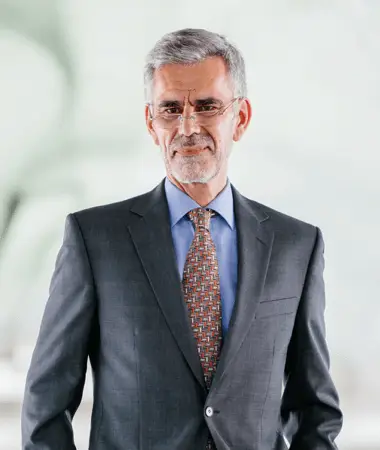A counselor is a mental health professional who helps people, particularly children and teens, with various issues including problems in school or at home. Counselors may also help adults with issues such as stress or depression.
Counseling can be short-term, meaning there are no preset sessions and the client decides when they’re done with counseling. A therapist may see someone for a few months to try to get through a specific issue that’s been going on for years.
Counseling is not psychotherapy; it doesn’t involve any of the talking cures like psychoanalysis or behavior therapy. It does involve listening attentively without judging what you hear because counselors are primarily concerned about how their clients feel rather than thinking about what they say.
Counselors are trained to listen and offer support
Counselors are trained to listen and offer support, but sometimes they need to be able to give tough love as well. When a client is not making progress in therapy, the counselor may need to confront them about their behavior and set boundaries. This can be difficult for the counselor, who may feel like they are losing the client, but it is often necessary for the client’s sake. A counselor is concerned about the client’s well-being but isn’t always able to include the client in all their decisions. For example, if a child or teen has an issue that needs immediate attention from a medical professional, the counselor may need to facilitate a conversation with parents or caregivers to get that care. Counselors have personal lives too Personal life often affects work life and vice versa, but counselors recognize this and carve out time for themselves when needed. Counseling is rewarding work, so counselors need downtime where they can switch off from their emotions and recharge before going back into session with clients.
You can talk about things you would never want to tell anyone else

Most people think of counselors as people who help with mental health problems, and while that is certainly one of their specialties, there are many other reasons why someone might want to see a counselor. There are so many benefits to counseling that it’s hard to know where to start. One of the biggest benefits is that you can talk about things you would never want to tell anyone else. This can be incredibly freeing and can help you work through issues that have been bothering you for years. Another big benefit is that counselors can give you practical advice on how to deal with difficult situations. They have training in problem-solving and conflict resolution, so they can help you find solutions to the problems in your life. And if you’re feeling like you need someone to talk to, don’t be afraid to ask for help.
It's a great way to work through problems that may be affecting your life, such as depression or anxiety
Counseling is an effective way to work through problems that may be affecting your life, such as depression or anxiety. It can help identify the root of these problems and find solutions that will help you live a more fulfilling life. Counseling sessions are confidential and private, which means no one can learn about what you discuss with your counselor unless it’s something like domestic abuse, in which case the information would need to be reported.
Counseling doesn’t work for everyone, so it’s important to find a good fit. For example, if you have a counselor who only wants to focus on teaching you relaxation techniques at every appointment, you’ll soon find those sessions dissatisfying and not helpful in coping with your depression. On the other hand, if you connect well with another counselor and feel open about sharing your thoughts and feelings, that could be equally as satisfying as talking through problems in an office setting. You can check out counselors before committing to an initial session or two by stopping into their office during regular business hours to see what kind of environment they provide for counseling sessions.
Counseling is confidential - what you say won't go any further than the counselor's office
Counseling is confidential – what you say won’t go any further than the counselor’s office; we know that sometimes talking things out with another person can be exactly what we need to get back on track. And if nothing else, having someone listen will take some of the weight off of your shoulders and allow you time away from other responsibilities so that maybe even just for a little while, no one has all the power over how you feel.
Break-ups are never easy – especially when you’ve been together a long time and it’s like part of you is missing. But the good news with counseling is that we can go back and look at why things started to fall apart in the first place; when we understand what took place, we can make better choices for ourselves and give us more self-esteem when dealing with future relationships. While in many cases, the end of a relationship leaves an empty feeling inside, with counseling we can work past those feelings and move forward in our lives without regrets; we’ll learn how to be happy with ourselves again!
A counselor will help you identify patterns in your behavior
Most people know that it’s important to have a good support system to be successful. What many people don’t realize is that this includes having a counselor. A counselor will help you identify patterns in your behavior and teach you coping skills for handling difficult situations. They can also provide guidance and support through difficult times. If you are struggling with your mental health, or if you just want someone to talk to, a counselor may be the perfect solution for you.
Seeing a counselor provides insights into how certain behaviors affect others around them
Most people know that seeing a counselor can provide relief from emotional problems, but what many people don’t know is that counseling can also help with behavioral problems. Counseling provides insights into how certain behaviors affect others around them. It also helps people to develop better coping mechanisms for dealing with difficult situations and people. Counselors have been helping people cope with difficult situations and emotions since the beginning of organized society, but it wasn’t until recently that therapists began to focus on forms of therapy for specific behaviors and diagnoses.





